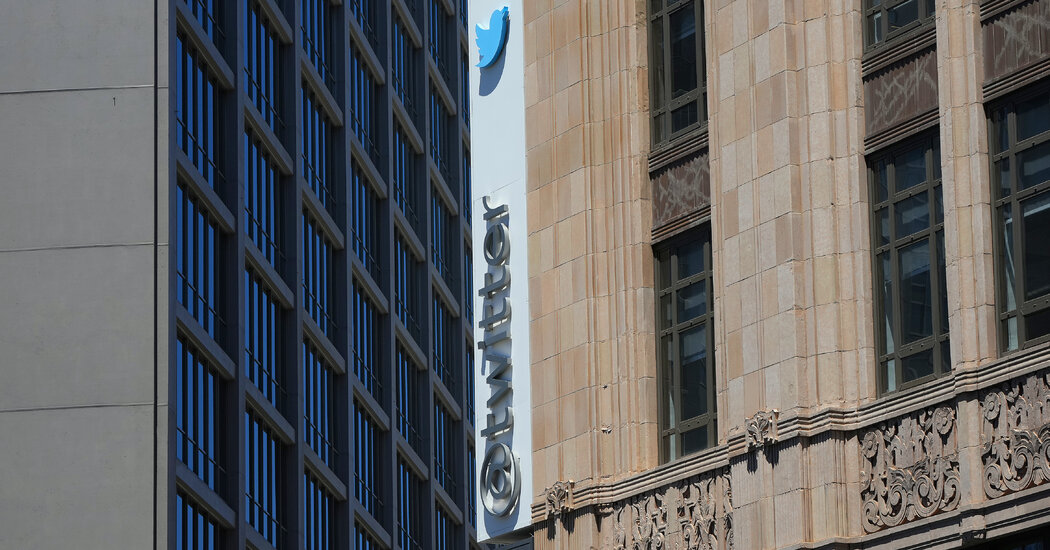Former Twitter Employee Convicted of Charges Related to Spying for Saudis

SAN FRANCISCO — A former Twitter employee was convicted on Tuesday by a jury in federal court of six charges related to accusations that he spied on the company’s users for Saudi Arabia.
While at Twitter, Ahmad Abouammo, 44, managed media partnerships in the Middle East and North Africa. He developed relationships with prominent individuals in the region, receiving hundreds of thousands of dollars and a luxury watch from a top adviser to Saudi Arabia’s crown prince, Mohammed bin Salman. In return, prosecutors said, he shared the personal user information of dissidents with Saudi officials.
The jury convicted Mr. Abouammo of two counts of wire fraud or conspiracy to commit wire fraud, twocounts of money laundering, one count of falsifying records and one count of acting as an agent of a foreign government without properly disclosing that work. It found Mr. Abouammo not guilty on five counts of wire fraud or conspiracy to commit wire fraud.
Mr. Abouammo’s trial concluded on Thursday, and the jury of six men and five women took 17 hours to reach a verdict.
Mr. Abouammo was arrested in 2019. Ali Alzabarah, another former Twitter employee who was also charged in the scheme, fled the country before he could be arrested. Several of the charges of which Mr. Abouammo was acquitted were related to communications between Mr. Alzabarah and Saudi officials, suggesting that the jury was not convinced that Mr. Abouammo influenced his co-worker’s actions.
Prosecutors described Mr. Abouammo as a mole who sold his access to personal user information to Saudi Arabia. Saudi representatives paid Mr. Abouammo to acquire and share information about political dissidents and other Twitter users, prosecutors said.
“Power. Greed. Lies. You heard this story, told by the evidence, here in this courtroom,” said Eric Cheng, an assistant U.S. attorney, during closing statements.
Lawyers for Mr. Abouammo described him as merely a Twitter employee who had been doing his job. Prosecutors had not connected Mr. Abouammo’s accessing information and receiving payments with actual sharing of that information, his lawyers said.
“Even if you think Mr. Abouammo possibly or probably did it, you must vote not guilty,” said Angela Chuang, a federal public defender who represents Mr. Abouammo and a lead attorney in the case, during closing statements.
